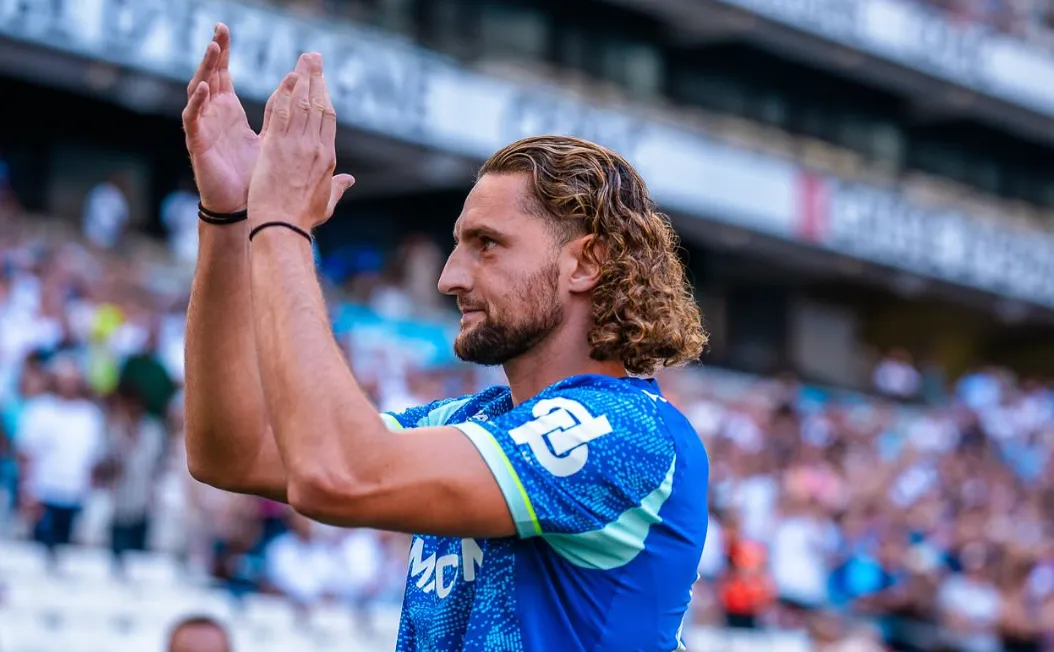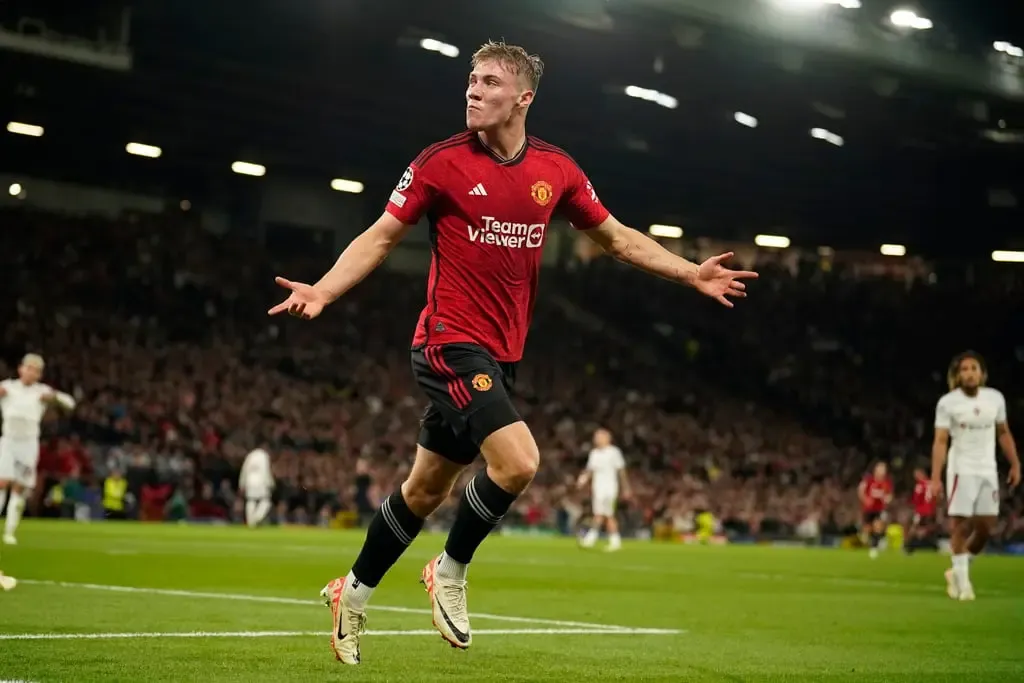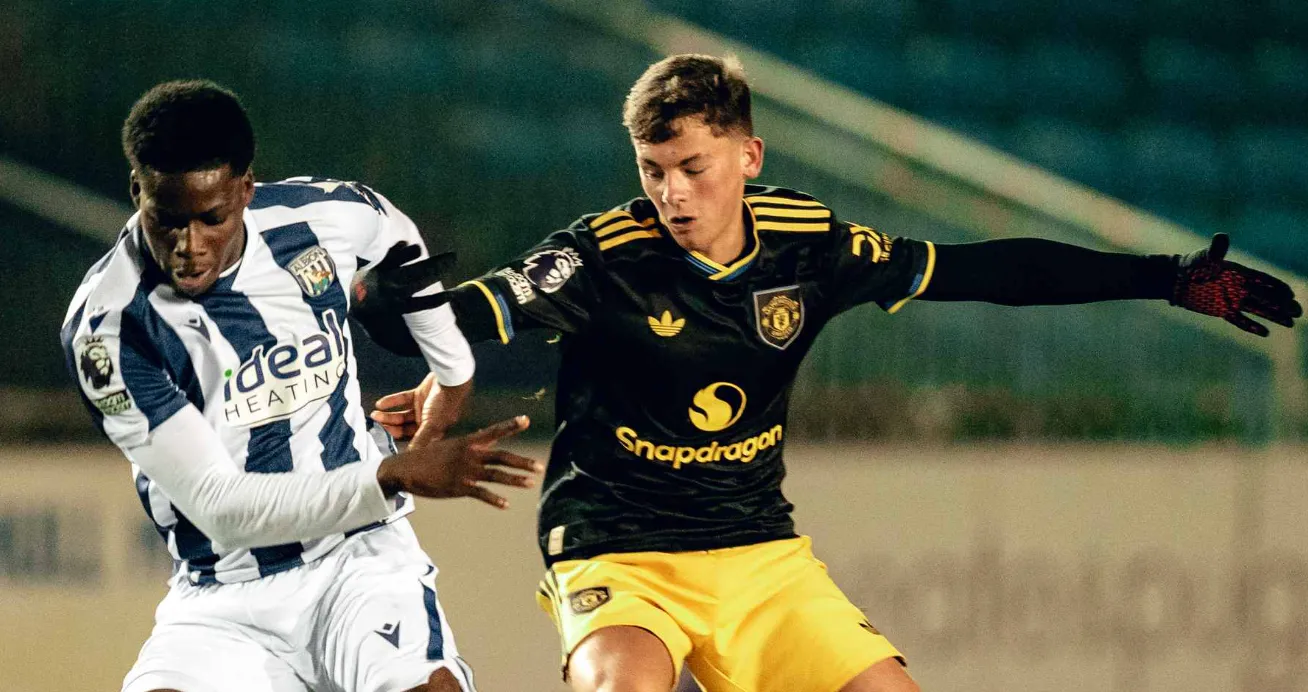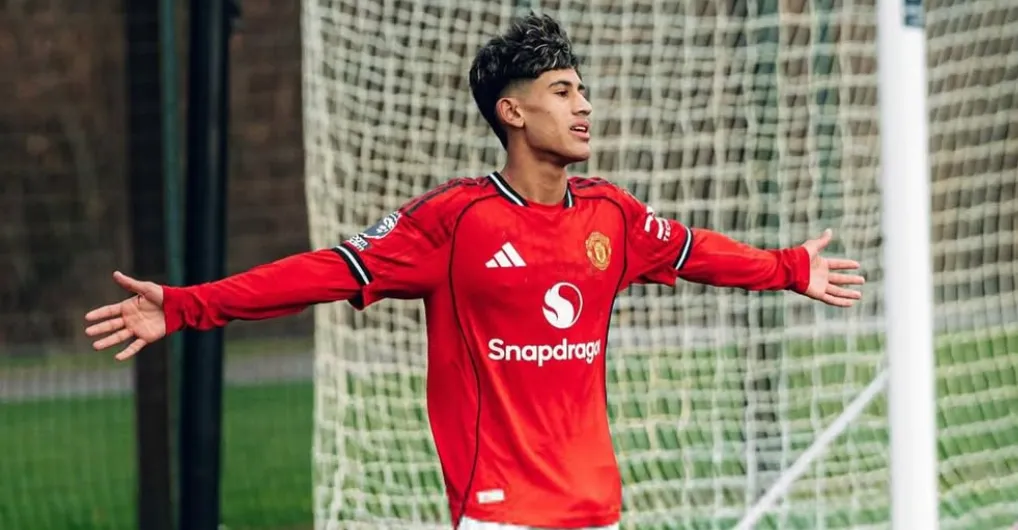Man Utd pressing ahead with £2bn stadium and here is how they hope to get government help
NewsWednesday, 20 August 2025 at 22:52
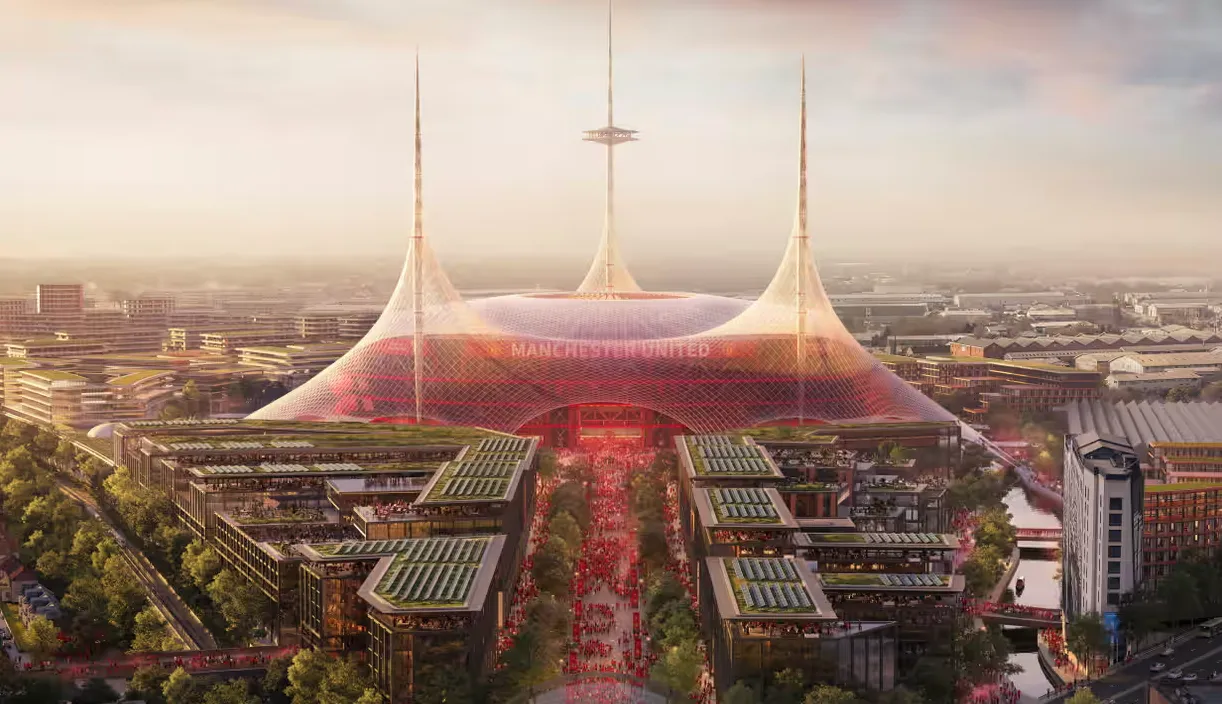
Manchester United are pressing forward with an ambitious £2 billion plan to build a state-of-the-art stadium that could hold up to 100,000 fans, but the project has already stirred debate due to its funding model.
The redevelopment is part of a wider £4.2 billion investment programme that the club claims will generate around £7 billion annually in economic impact - as well as thousands of jobs.
Club officials have described the project as essential to re-establishing United’s global stature, both commercially and on the pitch. Old Trafford, iconic as it is, has long been criticised for outdated facilities compared to rivals across Europe.
Sir Jim Ratcliffe, who took a minority stake in the club earlier this year, is said to be driving the push for a new ground that can rival the likes of Real Madrid’s Santiago Bernabéu or Tottenham Hotspur Stadium.
Read also
However, controversy has arisen over the club’s strategy to secure public funding for the project, reported the Guardian.
Specifically, United are seeking government support to relocate a rail freight terminal that occupies critical land near Old Trafford, a necessary step before construction can begin.
Critics argue this mirrors “sinister” U.S.-style stadium funding tactics, where taxpayers are asked to subsidise projects that primarily benefit private sports enterprises.
Supporters of the plan argue that such a stadium would boost local jobs, tourism, and infrastructure, turning Manchester into a hub for global events.
Read also
The club envisions the new venue hosting not only football but also concerts, international matches, and potentially World Cup games should England launch a successful bid in the future.
Opponents, however, question why one of the wealthiest clubs in the world—owned by billionaire Ratcliffe and still generating over £300 million in commercial revenue—requires public money for infrastructure.
With local councils already facing financial pressures, the optics of taxpayer contributions to a private football club’s mega-project could prove politically damaging.
For United, the debate encapsulates their modern dilemma: balancing the pursuit of elite status with financial responsibility. While fans dream of a new “Theatre of Dreams,” the battle over who pays for it may determine whether the vision ever becomes reality.
loading
Loading
